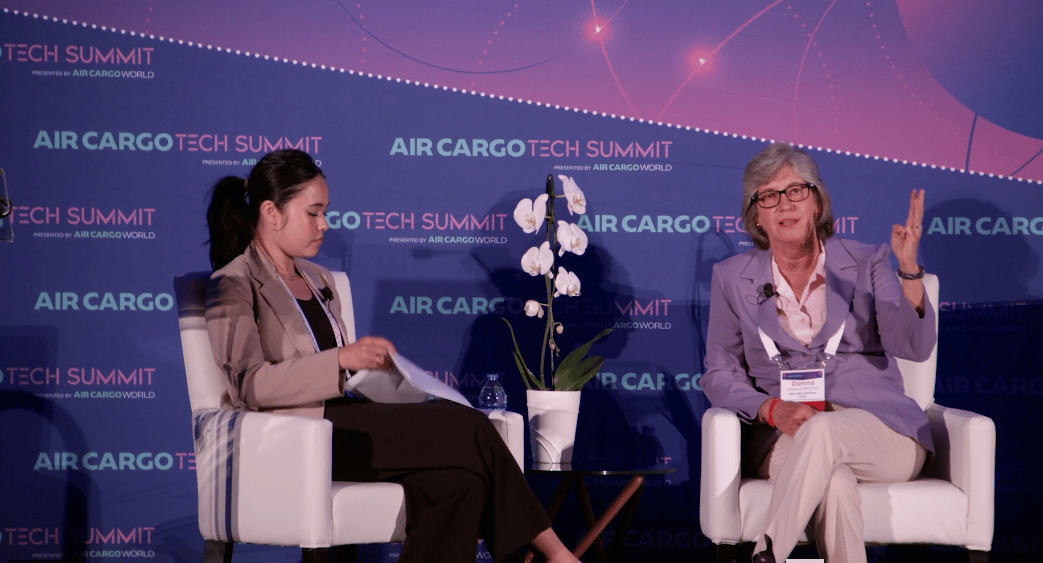ACTS 2022: TMS faces slow adoption by stakeholders
This story was originally published June 21, 2022 in Air Cargo Next
Register for Air Cargo Tech Summit 2023 here and learn more about the Air Cargo Tech Summit here.
Some stakeholders are hesitant to commit to total transparency, slowing the industrywide adoption of transport management systems (TMS).
During a presentation the recent Air Cargo Tech Summit in Miami, Donna Mullins, vice president at logistics technology provider Kale Logistics Solutions, said stakeholders are reluctant to give up legacy systems.
A TMS is a cloud-based alternative to legacy computer systems, which are now outdated and unable to interface with the most current technology. Digitalization initiatives like these have been a core part of Kale’s business strategy, which includes an e-marketplace for booking cargo capacity, set to launch this year.
A legacy mindset is behind the slow adoption of TMS, Mullins said. “No one wants to do any changing,” she said. “What we found out was that in the pandemic era of [COVID-19], technology grew 10 years.”
However, the proliferation of new technology has not been met with acceptance by all stakeholders.
“Everyone wants visibility of the movement, unless I’m having to give you visibility of what I’m doing,” Mullins said. Stakeholders become especially reluctant to share when they may have made a mistake, she added. When you can look “through these transport management systems and you’re able to see what took place, and when it took place, it makes us all more accountable.”
Despite some detractors, Kale is seeing an increased appetite for TMS, Mullins noted.
“Entities are starting to see that being connected through the supply chain is an absolute must,” she said. “The information exchange being shared across the board helps each entity to be more proactive, as opposed to reactive.”
“We know that data is the oil in the machine,” Mullins said. “If you don’t share your oil, the machine is not going to run.” Otherwise, the industry will find itself in a “garbage-in, garbage-out” scenario, in which inaccurate data leads to poor results.
“If we’re not sharing accurate information, then cargo is not going to move accurately.”
Register for Air Cargo Tech Summit 2023 here and learn more about the Air Cargo Tech Summit here.





